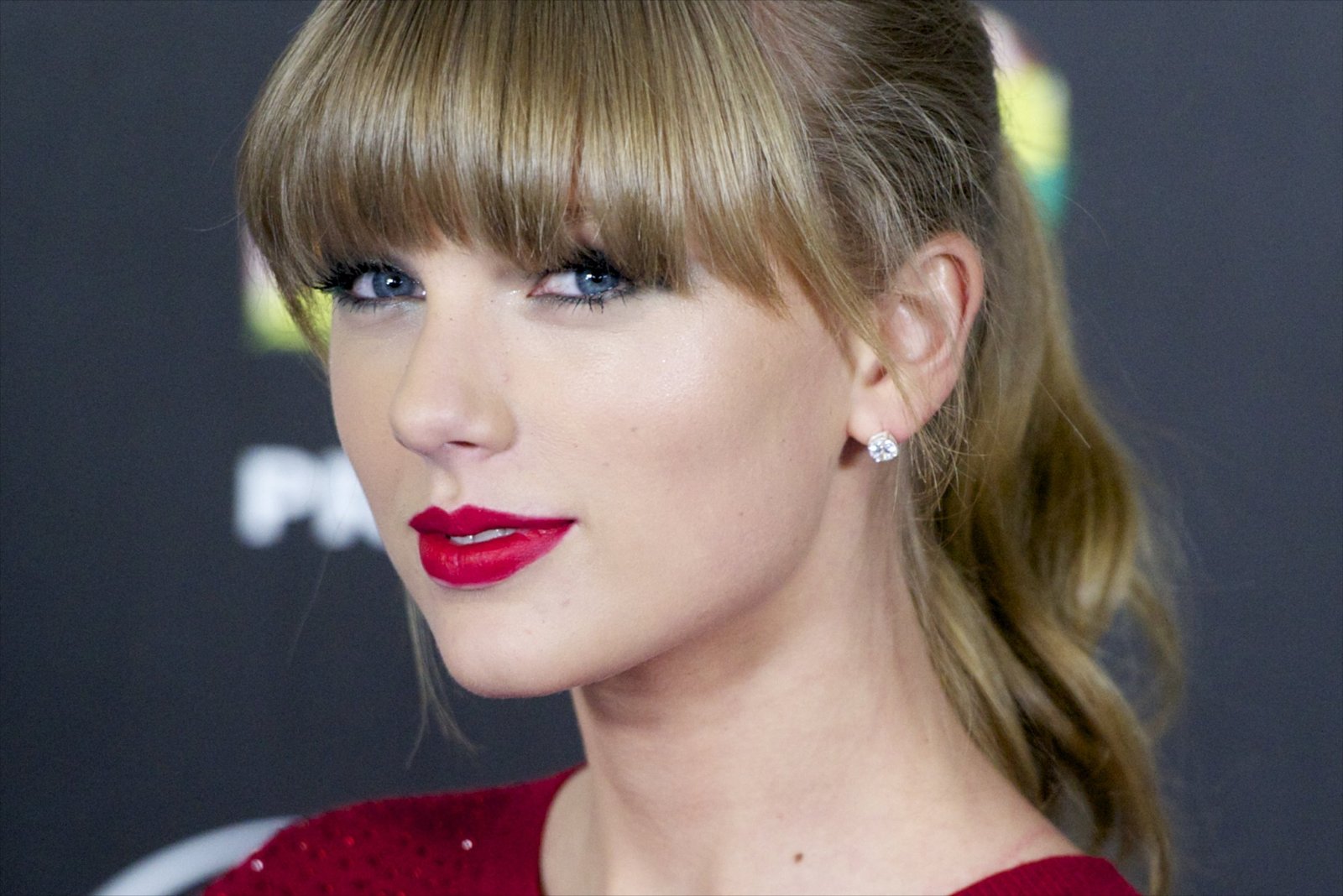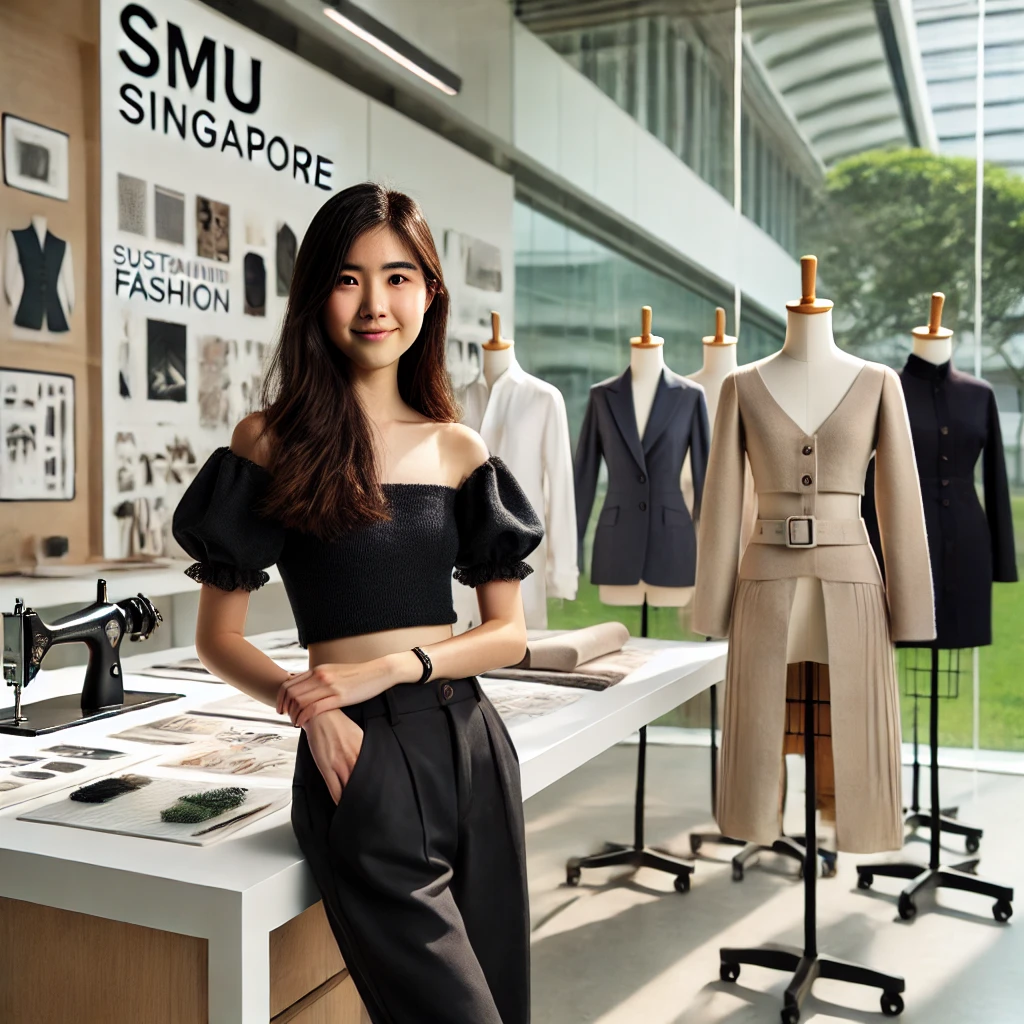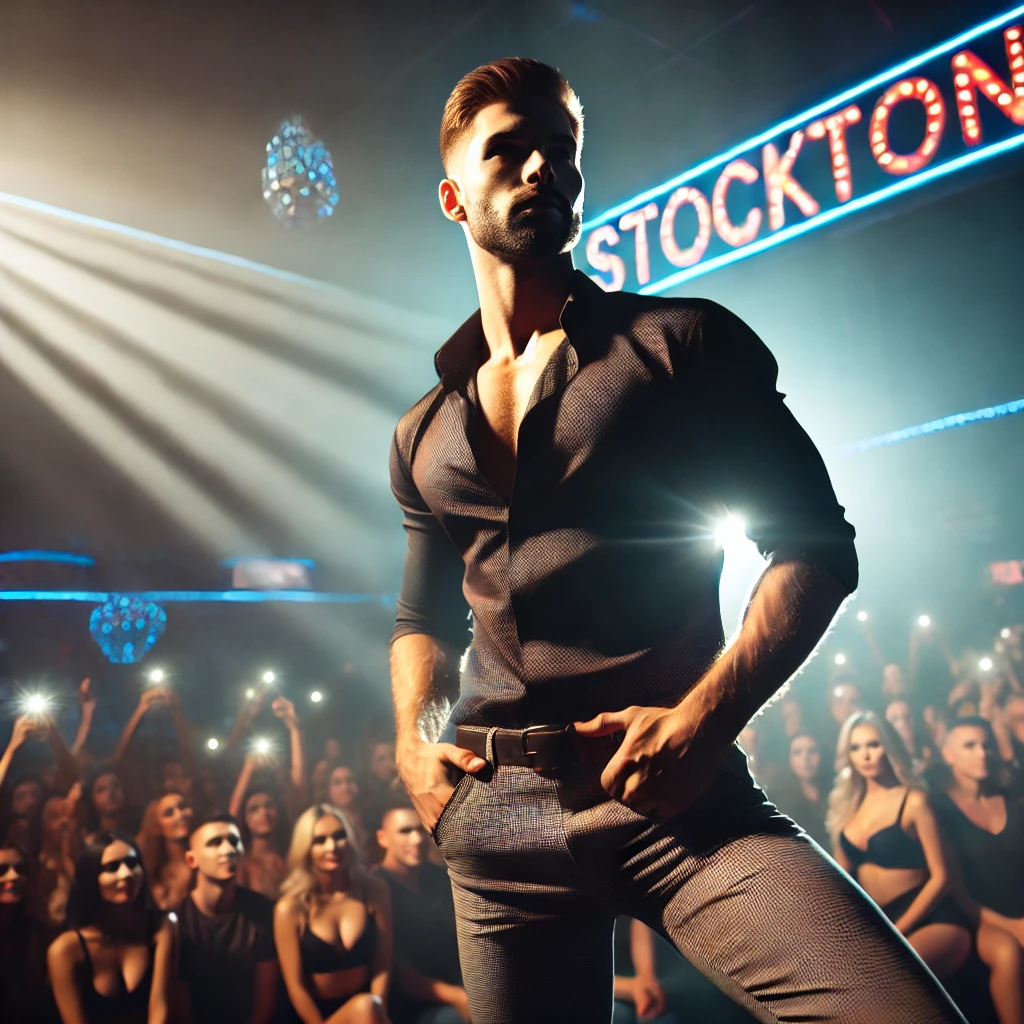Image Credits : Yendex
The recent emergence of AI-generated Taylor Swift photos has sparked a heated debate across social media platforms. These highly realistic images, created using advanced artificial intelligence techniques, have caused a stir among fans and raised serious questions about privacy, consent, and the ethical implications of deepfake technology. As AI continues to push the boundaries of what’s possible in image creation, the controversy surrounding these Taylor Swift AI photos highlights the growing tension between technological advancement and individual rights.
This article delves into the complex issues surrounding AI-generated celebrity images, with a focus on the Taylor Swift incident. It explores the rapid development of AI technology in creating high-quality images, examines the legal and ethical concerns associated with AI nudes and deepfakes, and looks at how fans, the entertainment industry, and lawmakers are responding to these challenges. The discussion also touches on the broader implications for AI regulation and the future of digital media in an era where the line between real and artificial becomes increasingly blurred.
The Rise of AI-Generated Celebrity Images
What are AI-generated images?
Artificial Intelligence (AI) simulates human brain processes using machines, primarily computer systems. AI creates new content from existing sets of data, including text, images, video files, and code scraped from internet databases. These AI-generated images are created by machine learning models that scan millions of images across the internet along with their associated text. The algorithms spot trends in the images and text, eventually learning to predict which image and text fit together.
How AI creates realistic celebrity photos
AI models are trained on hundreds of millions of images, each paired with a descriptive text caption. This process, called “diffusion,” starts by breaking down each image to random pixels that don’t represent anything specific. The model then inverts this process, going from noise back to the original image. This serves as the background instruction for concepts like objects or artistic style.
The case of Taylor Swift’s AI photos
In late January 2024, sexually explicit AI-generated deepfake images of Taylor Swift were proliferated on social media platforms. These highly realistic images caused a stir among fans and raised serious questions about privacy, consent, and the ethical implications of deepfake technology. The incident prompted responses from anti-sexual assault advocacy groups, US politicians, and Swift’s fans, known as Swifties. It has been suggested that Swift’s influence could result in new legislation regarding the creation of deepfake pornography.
Legal and Ethical Implications
Copyright and image rights
The unauthorized use of a celebrity’s likeness in explicit or demeaning contexts violates their rights, regardless of whether AI generates the content. This includes the right of publicity, which protects individuals from the unauthorized commercial use of their name, image, and likeness. Additionally, AI-generated work that incorporates pre-existing copyrighted material may result in copyright infringement. For instance, using actual footage or creating derivative works based on original content without permission can violate copyright laws.
Consent and privacy concerns
AI-generated images raise significant privacy concerns, particularly when they depict real individuals without their consent. The creation and distribution of AI-generated explicit images of a person represent a severe violation of their privacy and autonomy, regardless of the image’s authenticity. These images can have profound real-world consequences, including harassment, bullying, and blackmail. The ease with which AI tools can create and manipulate images exacerbates these issues, making it challenging to protect individuals’ privacy and control over their likeness.
Potential for misuse and harassment
The potential for misuse of AI-generated images extends beyond privacy violations. Generative AI can automate the creation and dissemination of harassing or threatening messages across various platforms. It can analyze a target’s online presence to generate highly specific and intimidating content, making harassment more personal and impactful. Furthermore, AI can be used to create fake news, misleading content, or deceptive identities, contributing to online fraud and harassment. The technology’s ability to evade content moderation systems and produce large volumes of harmful content poses significant challenges in combating online abuse.
Also Read : how is a post from a social media influencer different than a comment from a regular consumer?
Public and Industry Response
Fan reactions and #ProtectTaylorSwift movement
Taylor Swift’s fans, known as “Swifties,” responded with outrage to the AI-generated explicit images of the singer. They initiated the hashtag #ProtectTaylorSwift on social media platforms, actively targeting accounts that shared the deepfakes. Fans flooded X (formerly Twitter) with videos of Swift performing to drown out the explicit images, demonstrating their support and solidarity.
Social media platform actions
Social media platforms took swift action to address the issue. X and Reddit began deleting the circulating pictures. X’s safety account stated their zero-tolerance policy towards non-consensual nudity (NCN) images, actively removing identified images and taking action against responsible accounts. The original X account that released the pictures has been deleted. Facebook and Instagram announced plans to implement labels on AI-generated images appearing on their platforms in the coming months.
Celebrity and industry statements
The incident has prompted responses from various sectors. The White House Press Secretary emphasized the importance of social media companies enforcing their rules to prevent the spread of misinformation and non-consensual intimate imagery. In a broader context, over 200 celebrities, including Billie Eilish, Nicki Minaj, and Katy Perry, signed a petition published by the Artist Rights Alliance to protect artist rights from AI threats. The petition calls on AI developers and technology companies to pledge against developing AI music generation technology that undermines human artistry.
Conclusion
The controversy surrounding AI-generated Taylor Swift photos sheds light on the complex interplay between technological advancement and personal rights. This incident has an impact on various stakeholders, from fans to lawmakers, highlighting the need to address the ethical and legal challenges posed by deepfake technology. The swift response from social media platforms and the public outcry underscore the gravity of the situation and the urgent need to protect individuals from non-consensual use of their likeness.
Looking ahead, this incident may serve as a catalyst to develop more robust regulations and ethical guidelines for AI-generated content. The entertainment industry, tech companies, and policymakers will likely need to work together to strike a balance between innovation and individual rights. As AI continues to evolve, society must grapple with these issues to ensure that technological progress doesn’t come at the cost of personal privacy and dignity.
FAQs
Is the Taylor Swift song titled “Fortnight” created by AI?
No, the song “Fortnight” attributed to Taylor Swift and claimed to be an AI creation is not genuine. This supposed AI-generated song excerpt was initially shared on TikTok by the user @TorturedSessions, but it is not real.




